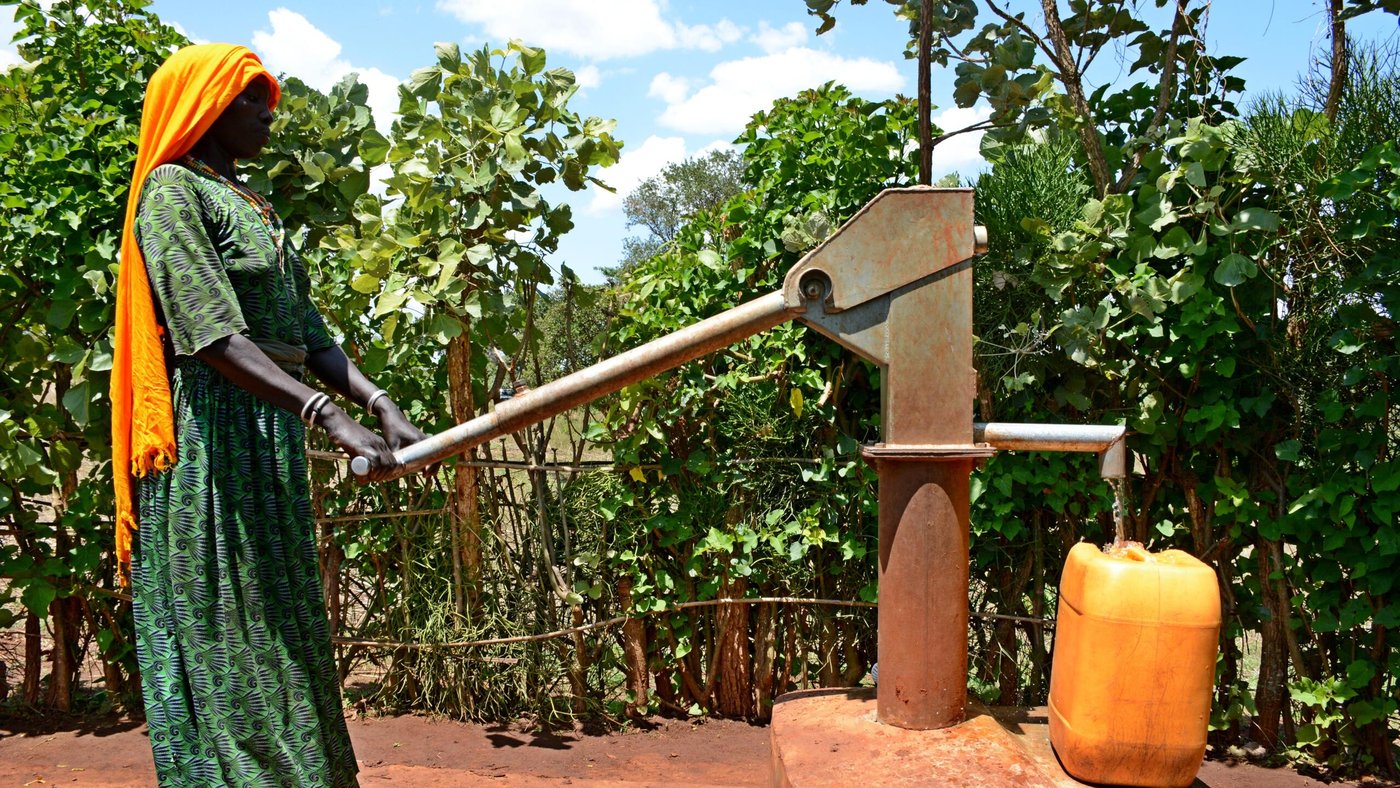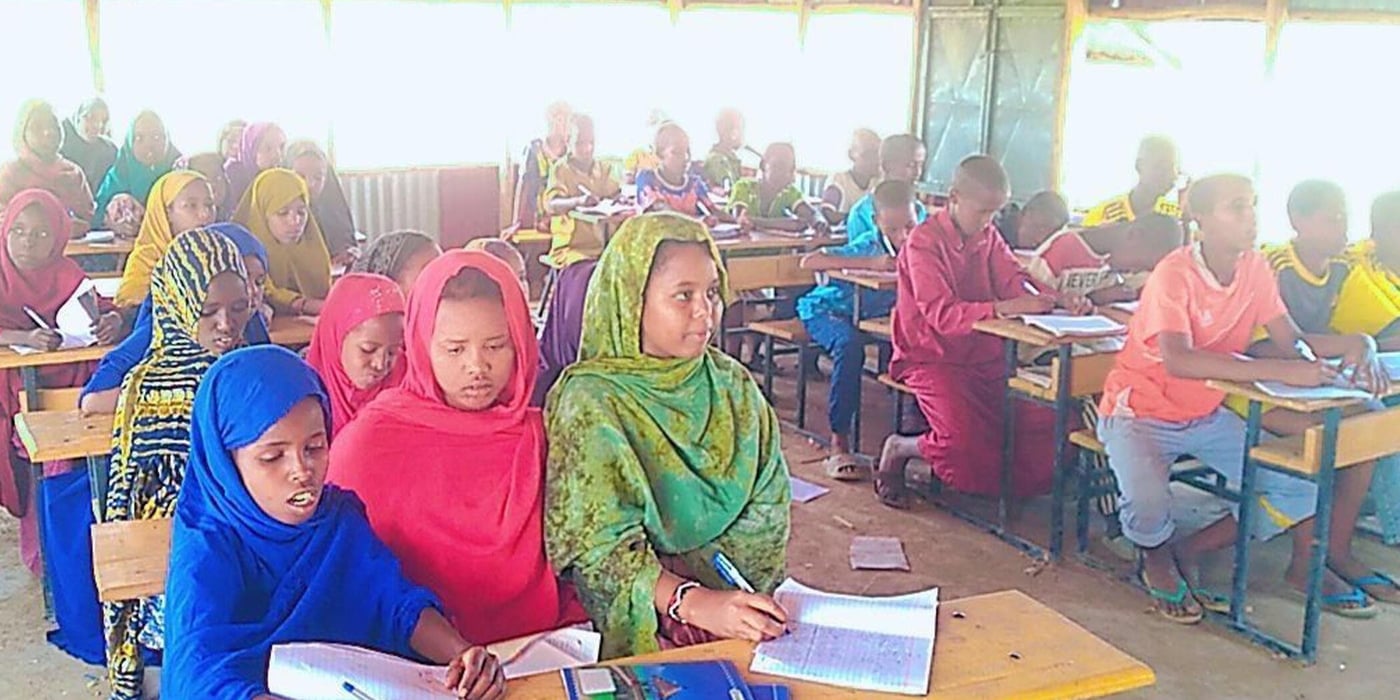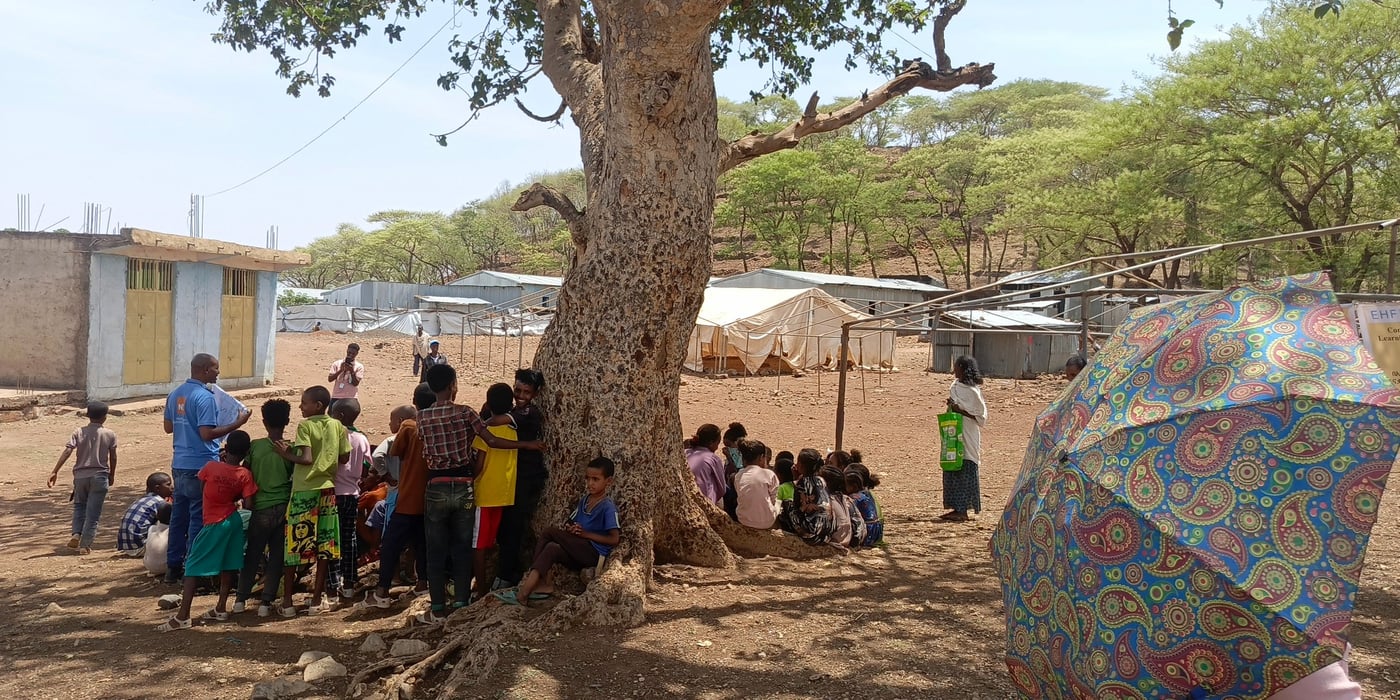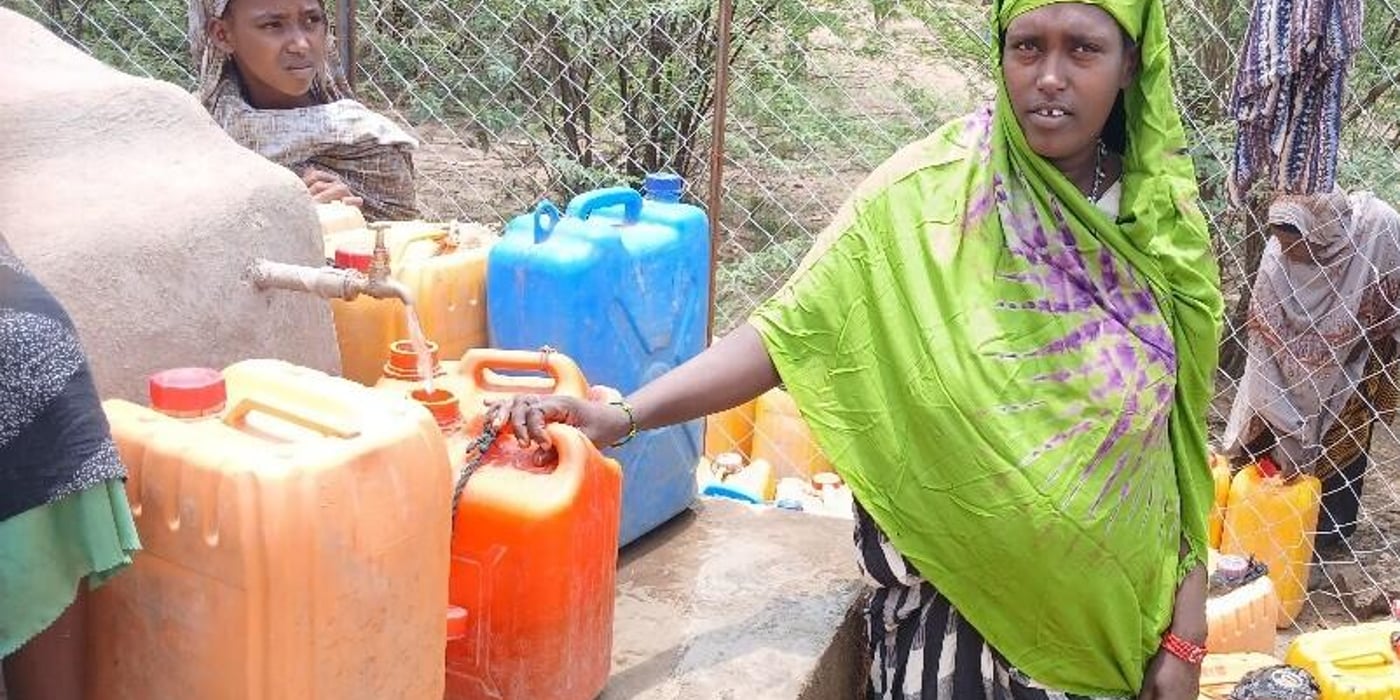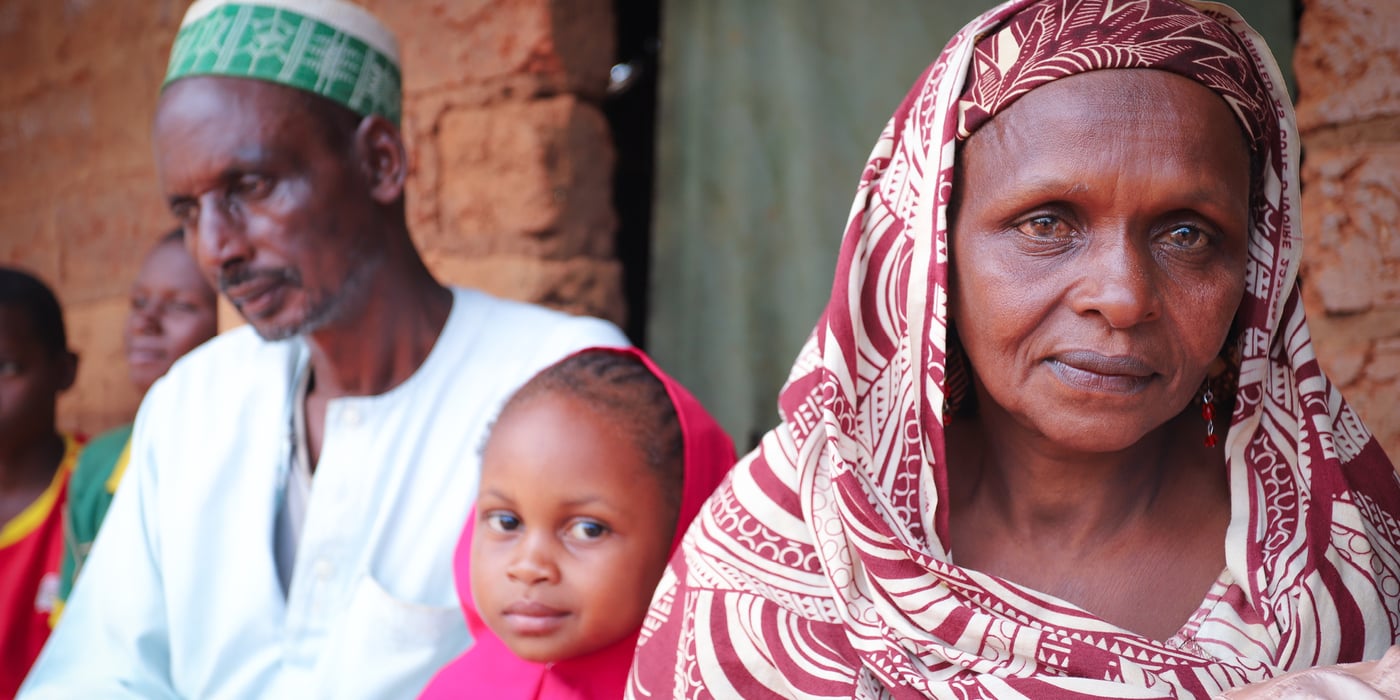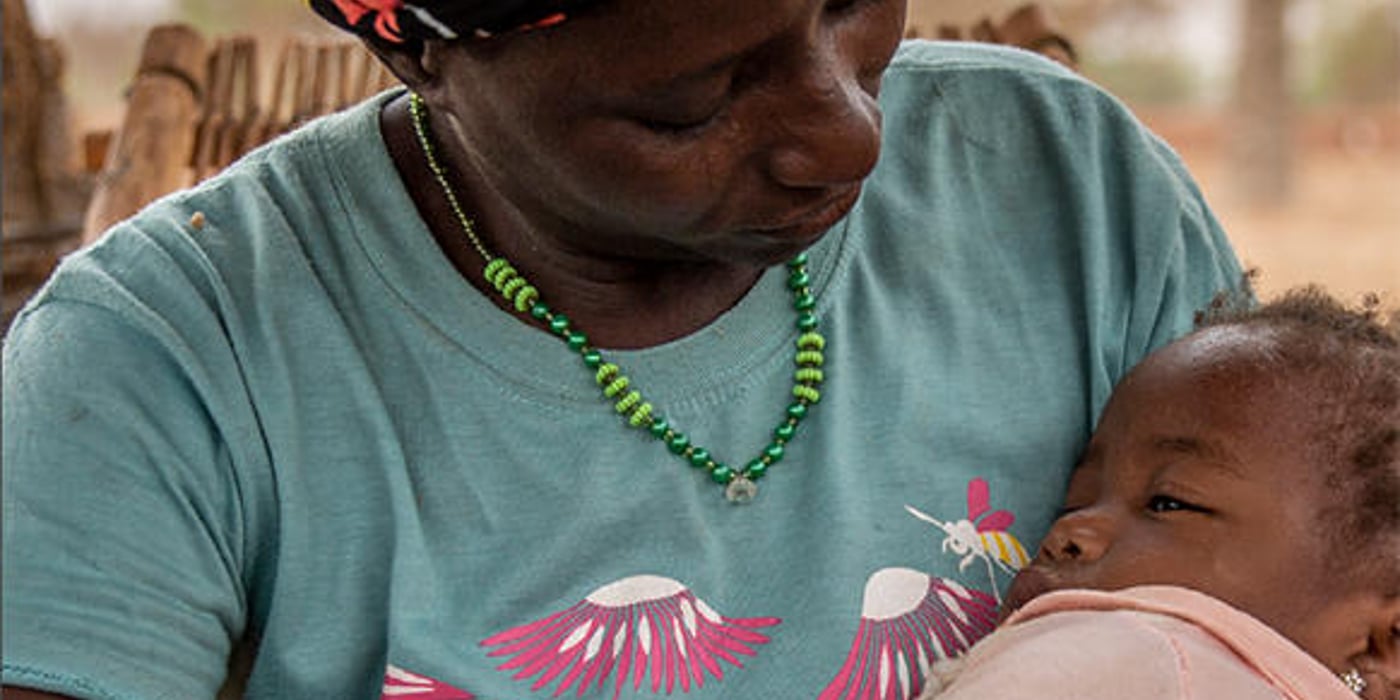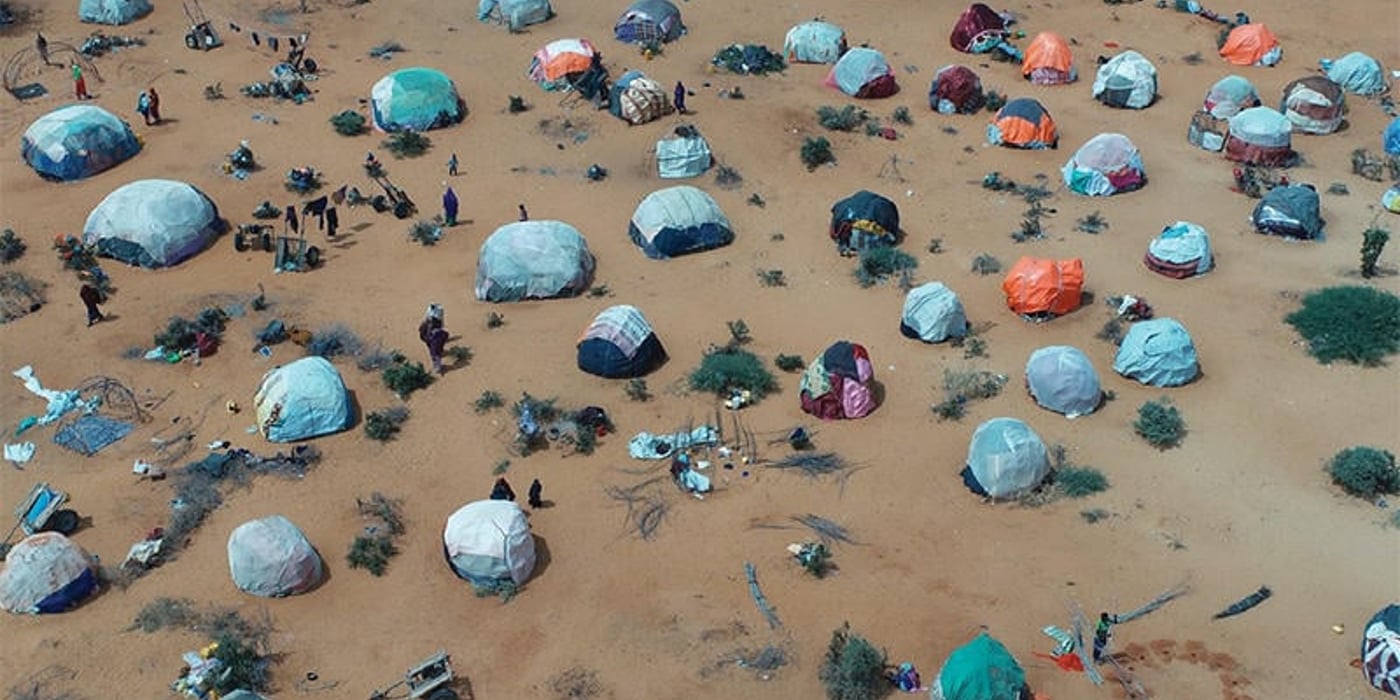The Norwegian Refugee Council (NRC) is working in five of the 11 regions of Ethiopia – providing emergency relief to vulnerable families and helping them to rebuild their lives. We’re also ready to roll out rapid response programmes across the country whenever disasters strike.
What’s happening in Ethiopia?
In recent years, Ethiopia has suffered armed conflict, political unrest and economic instability, as well as disasters and devastating droughts. The result is millions of families displaced across the country – and limited resources to respond to their needs.
Despite a peace deal in the north and ongoing efforts to return some of these people to their homes, Ethiopia is also dealing with a growing population of refugees – almost one million at the last count – as people cross the border from neighbouring Somalia, Eritrea, South Sudan and Sudan.
Families across the country now face severe food shortages, yet the World Food Programme is cutting back its operations in Ethiopia. According to the 2023 Humanitarian Needs Overview, over 31 million people there need humanitarian aid – and as the conflict and droughts continue, this number is only rising.
Our response
We’re working with our partners in the following areas:
- Water, sanitation and hygiene – ensuring families in camps and settlements have clean water, proper sanitation and good hygiene practices.
- Shelter and settlements – providing emergency shelter, distributing household items and helping people find a more permanent place to stay.
- Livelihoods and food security – helping people with basic food needs, cash assistance and sustainable livelihood support.
- Education – constructing learning spaces and sanitation facilities in schools, distributing teaching materials and providing vital psychosocial support.
- Information, counselling and legal assistance – helping people access basic services, legal identity documentation and housing, land and property rights.
Our operations
NRC office established: 2011
Areas of operation: Addis Ababa, Amhara, Afar, Oromia, SNNP, Benishangul Gumuz, Somali and Tigray regions
Country Director: Isaac Ooko
Contact: isaac.ooko@nrc.no

Our impact
In 2024, we assisted 786,447 people through our programmes in Ethiopia:
-
51,197Education
-
478,685Livelihoods and food security
-
45,073Shelter and settlements
-
632Protection from violence
-
22,667Information, counselling and legal assistance
-
125,592Water, sanitation and hygiene
-
68,054Other activities
Note: some people received more than one type of assistance.


